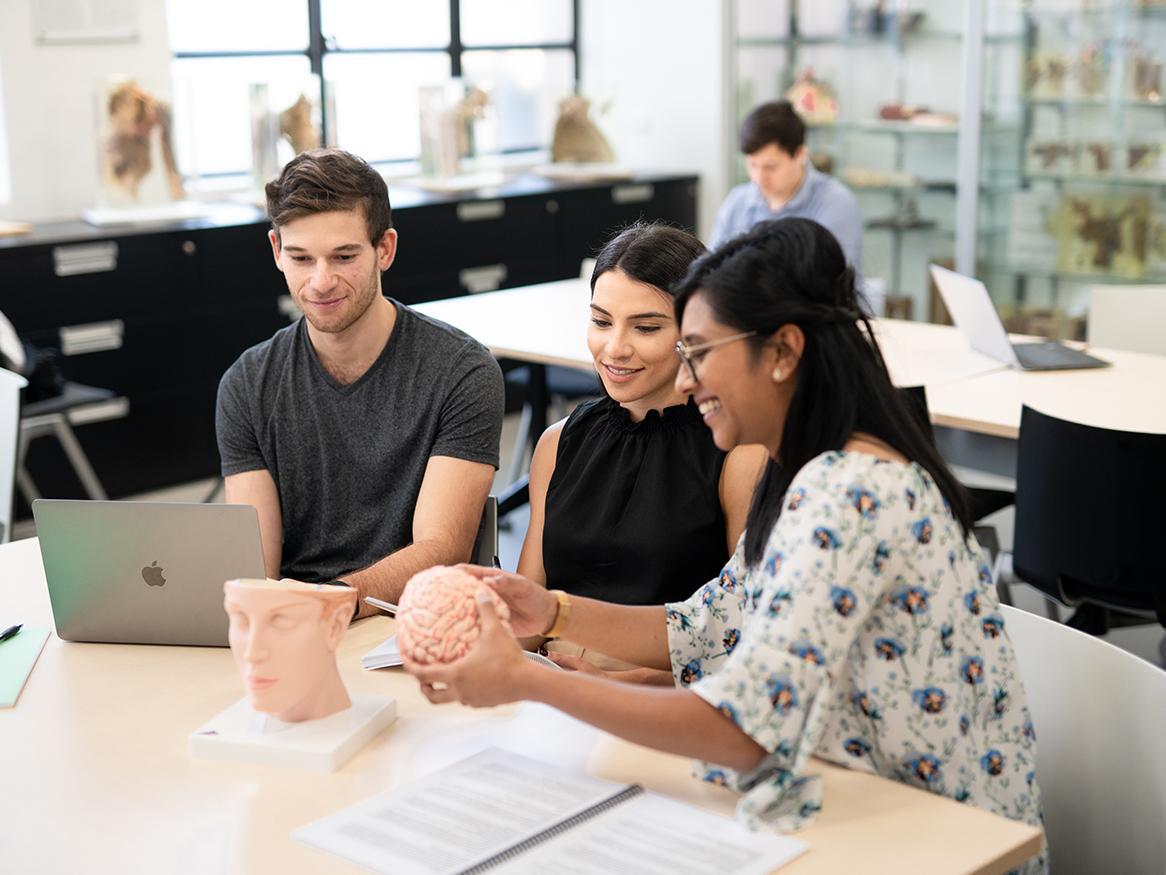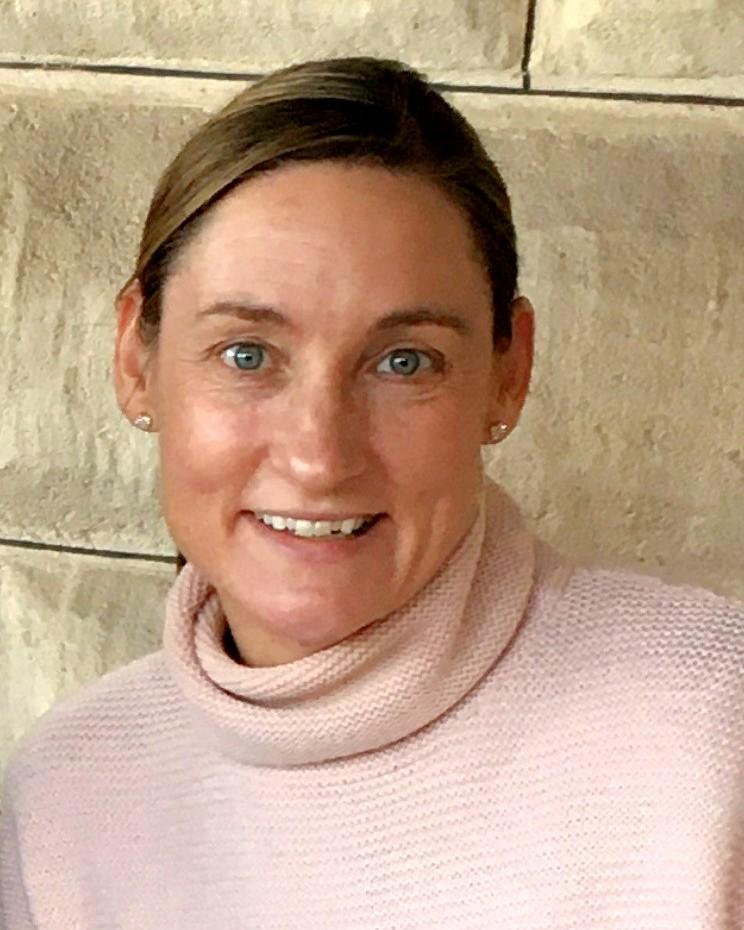This is how I teach
“Discovery learning begins with a good question or purpose. It takes you on a journey down pathways. Some may be well-lit, others dark and unexplored. You may be alone or in a group. You will use a range of tools, methods, and resources on your journey. There may be leaders, guides, and followers. You will have decisions to make. Some may lead you down blind alleys. Others will lead to discovery”.
This definition of Discovery Learning was formulated in 2018 by John Murphy, a Learning Designer with LEI, and an active Discovery Learning CoP member, and it has become the CoP’s motto.
Discovery Learning, or as it is also called, Inquiry based learning (IBL) is a learning strategy where educators develop real-world problems that students need to solve. This way students can see the meaning behind doing the work and how these skills will transition over into the real world. This also makes the course content more engaging for students and often increases participation because students genuinely want to talk about their solutions. Some instructors consider this approach complicated, thinking they need to use advanced software tools and simulation. But in reality, it is often unnecessary – it all comes back to careful planning, research and creativity to make the real-life scenario relatable to students.
For this month’s ‘This is how I teach’ we spoke to three active Discovery Learning CoP members to learn more about their experience applying Discovery Learning in their courses: Dr Viythia Katharesan, Lecturer and Coordinator of Essentials of Pathology course, Sally-Anne Bessell, Lecturer for School of Nursing, and Dorothy Missingham, Lecturer and Coordinator in Engineering Professional Practice (Mechanical Engineering).
What do you like most about teaching in your discipline?

Dr Viythia Katharesan with students
Viythia: I love the range of courses that I can teach into – Anatomy, Pathology, Histology, Neuroscience. I also love running into the graduates in clinics, hospitals etc and seeing them feel confident about their knowledge base, which assists them in making highly significant decisions in their profession.
Sally-Anne: I like the student interaction, the clinical relevance and opportunity to promote our profession.
Dorothy: An exciting thing is working with students to facilitate them to develop their skills in critical and creative thinking - then getting to see them apply these skills not only throughout tour third year course but also across their year-long Honours Project. I ‘love’ being able to train and support peer and near-peer tutors to work directly with younger students. To mentor tutors and to co-create relevant, authentic curricula content and learning activities is an absolute joy. What I get a ‘big kick’ from is when the tutors and students take control, and they lead the class, learning activities and content input. It presents unique learning moments – democratic knowledge building from which we all benefit.
How would you describe your approach to teaching/your teaching philosophy?
Viythia: I strongly believe that academics are no longer pure “teachers” but instead are becoming holistic “learning coaches”. My coaching style is guided by learning objectives but aims to encourage student engagement and real-world preparedness (not to be confused with “readiness” for jobs that may or may not exist in the future).
Sally-Anne: I am very open minded about how to approach various teaching tasks. I am always mindful that students have numerous learning preferences and I need to try to support them all in their learning, somehow.
Dorothy: Complicated. Grounded in social constructivism, active learning, PBL (project-based learning), and experiential learning.
What are you most proud of from your teaching in 2020?

Sally-Anne Bessell
Viythia: In a really short time frame, I transitioned face-to-face tutorial content into interactive online modules, in response to COVID. It was very touching to receive emails from students expressing their gratitude for this.
Sally-Anne: I’m most proud that I survived the course delivery of a complex clinical course, teaching it for my first time, with a cohort of 300 students, whilst also managing a post grad course. All during COVID.
Dorothy: The 2020 Honours Project students – they took the COVID restrictions ‘in their stride’, making changes to their already approved project investigations to overcome bans on access to workshops and labs for experimental work, being able to meet productively online and still develop a team approach to their learning, adopting flexible approached to working with their industry sponsors, supervisors and other lecturers - and importantly maintaining high standards in their learning outcomes.
What is your favourite way to use technology to enhance learning?
Viythia: My current favourite is using H5P to embed interactive questions into online lectures/videos.
Sally-Anne: I see technology as one of the ways to improve connectivity with students and the cohort.
Dorothy: As an adjunct to F2F learning.
Details of the 2021 meetings for the Discovery Learning CoP can be found on the Learning and Teaching website.
They hope to see you there!
Story prepared by Discovery Learning CoP members.
Disco Learning CoP co-facilitators: Beth Loveys and Natalia Zarina.
